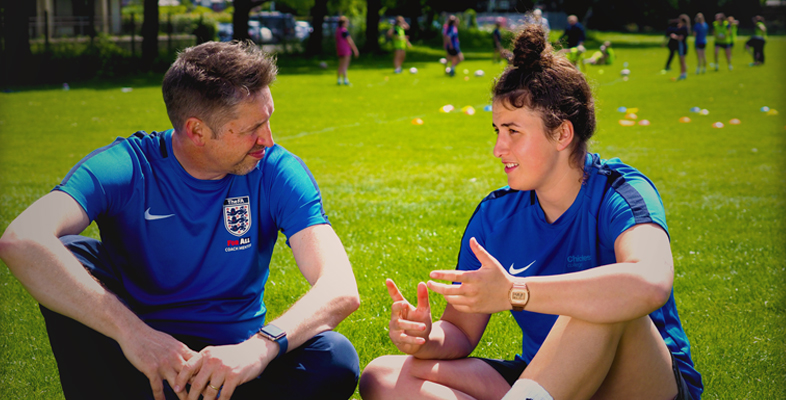9 Summary of Session 4
The main learning points from this session are:
- Power is a feature of all social relationships. Power can be a force for good or it can be used to constrain, discipline and impose ideas on others. The distribution of power within relationships is uneven and always changing.
- Coach developers possess power through their status and reputation. Being self-aware of this is crucial in developing relationships with coaches and power should be shared with coaches not exerted on them.
- Relationships of power between a coach and coach developer can vary from context to context. No two situations are the same and the distribution of power is constantly in flux as the specific circumstances of a relationship change.
- You have read three examples how power influences the learning and development process. These examples demonstrated the fluidity of power between contexts and reveal where the sources of power can stem from.
- You have been introduced to the idea of reflexivity. Reflexivity is more than being reflective. It is a process of bending back onto yourself the behaviours you use with others, recognising how you would respond to these behaviours if you were the subject of them and knowing why you believe what you believe about developing coaches.
Tutoring courses is one of the potential roles you may undertake as a coach developer. In this role as well as the ability and awareness to build effective learning relationships, and understand the power you potentially possess, you also require good teaching skills. This is the subject of the next session.
You are now halfway through the course. The Open University would really appreciate your feedback and suggestions for future improvement in our optional end-of-course survey [Tip: hold Ctrl and click a link to open it in a new tab. (Hide tip)] , which you will also have an opportunity to complete at the end of Session 8. Participation will be completely confidential and we will not pass on your details to others.
You can now go to Session 5.
